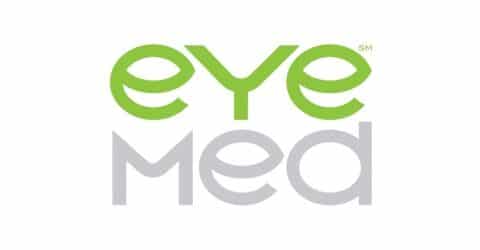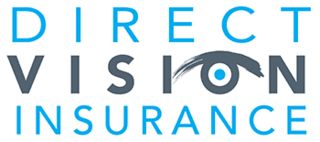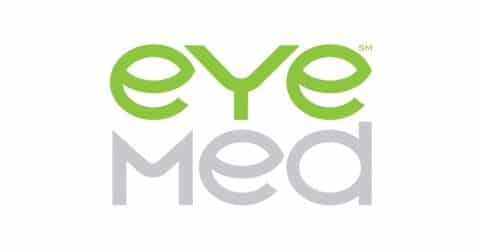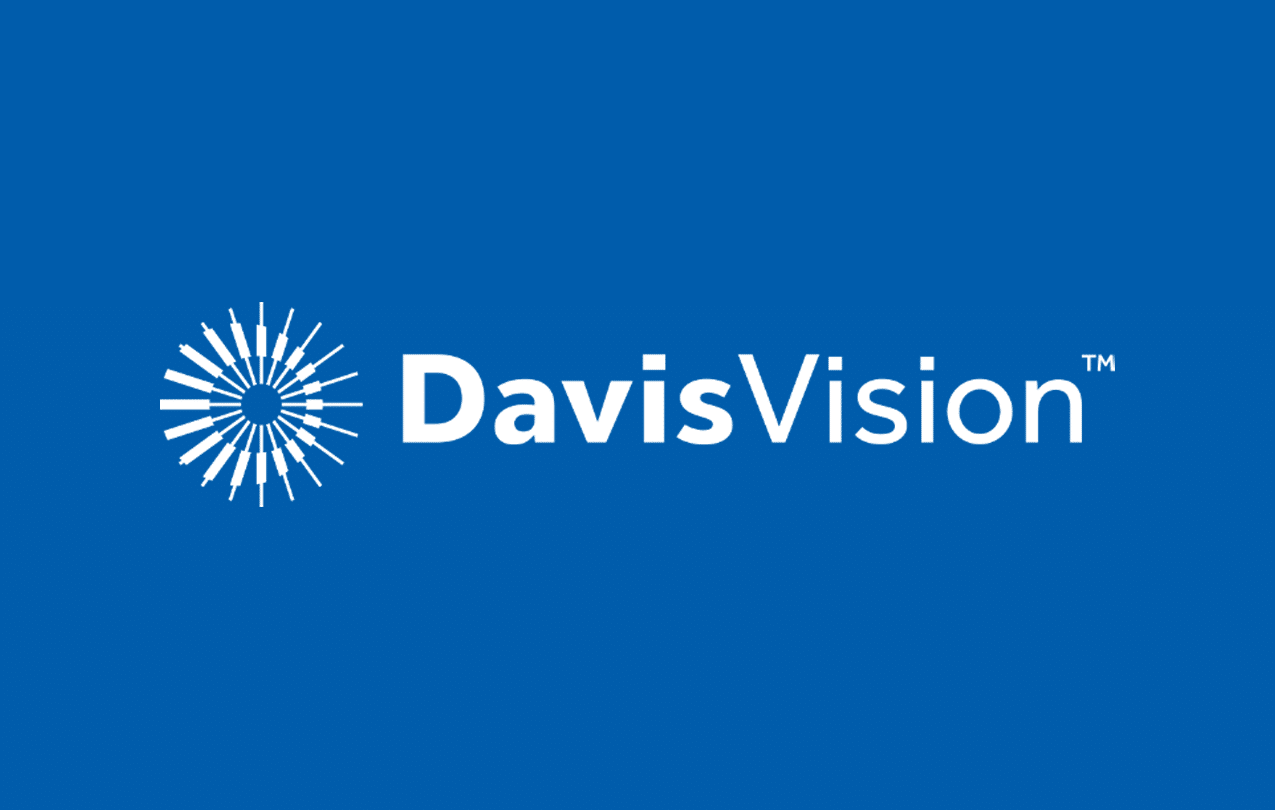What Does Vision Insurance Not Cover?
Vision insurance doesn’t cover elective eye surgeries. It also doesn’t cover floaters, allergies, eye infections, and other severe diseases. Furthermore, some vision insurance plans don’t cover contact lens fittings or yearly contact lens evaluations.
You might be wondering, why get vision insurance then? Because regardless of it not covering elective eye surgeries and other conditions considered “medical,” it helps you save a lot of money on regular checkups, prescription glasses, frames, lenses, and more.
How Much Does Vision Insurance Cost?
The two primary questions people have regarding the cost of vision insurance are:
- When is vision insurance worth it?
- How much is vision insurance?
Final Verdict: Do I Need Vision Insurance?
The most significant benefit of vision insurance is that it reduces the cost of eye care. Whether you have to get a routine exam or buy prescription glasses, it will cover the costs.
Each vision insurance company is known for offering different sets of perks. To choose the best vision insurance, all you have to do is understand your needs and research a few vision insurance options.
As we discussed earlier, by comparing your yearly medical expenses with vision insurance premiums and benefits, you’ll know how much you’ll be able to save and whether or not vision insurance is a good idea for you.
Vision insurance average cost for an individual is anywhere between $5 to $15 per month, and for families, it’s between $30 to $40 per month.




















